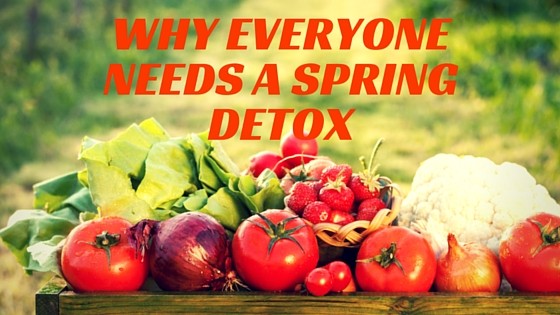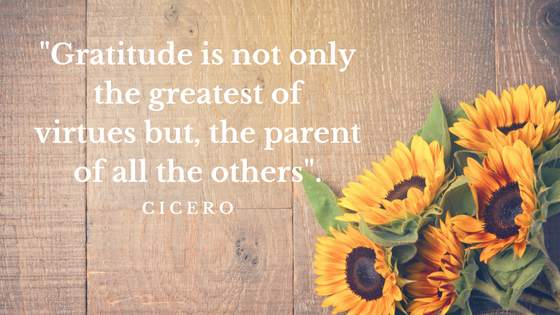How Can You Stop Emotional Eating and Lose Weight
Does being sad, stressed, tired, bored drive you to eat?
Do you often turn to food for comfort?
I have been there too.
A few years ago food was my reward, my comfort when feeling tired, stressed, bored, angry and sad. And the end result was gaining lots of weight.
Can you relate to this?
It’s called emotional eating, and, in my opinion, emotional eating is the number one reason of gaining weight.
We turn to food because it’s the only thing that helps us cope with our sensitivity to emotions.
Eating that cake or chocolate might make you feel good while you are eating it, but it does not fix the problem, you will be left wanting to eat more.
You might be surprised but none of us are born an emotional eater. Emotional eating is a learned behaviour and in the same way, we learn it the same way we can unlearn it too. For me,this was one of my “a-ha” moments. I had realized that my emotions were controlling my life. Once you start addressing the emotion that underlines the need for excessive eating you start to lose weight for good.
The key to changing any emotion, bad or good, is to understand what the message behind that emotion is.
Why do you feel bored, tired, sad, angry and stressed? And find new ways to deal with it.
I want to share with you the six simple tools that helped me overcome emotional eating and lose weight:
1. Eat only when you are hungry
When you feel like eating ask yourself the question: Am I really hungry? Pause, observe your thoughts and choose how to respond. Don’t go and grab that comfort food straight away, be mindful. Mindful eating allows you break the old habit and discover options that work better for you.
2. Diets don’t work don’t go for a quick fix
The reason diets don’t work is because they are a one-size-fits-all plan, but we are all so different that there can’t possibly follow one meal plan that will suit us all. What really works when it comes to losing weight, is figuring out which foods work for your unique body and creating a lifestyle that promotes effortless weight loss.
3. Nourish yourself
I have realized that nourishing yourself is much more than what you eat. It is how you treat yourself in every aspect of your life. Learning to listen to your body and to tap into healthy resources it is an ongoing process that needs to be integrated into your life, into your daily practices and routines. Consider this, we are what we eat. What you eat becomes you and you have a choice of what are you made of! Try tuning into your inner self to listen to what is nourishing for you, the answer is always within you.
4. Journaling
Journaling is a great way to try and control what are you eating and how it makes you feel. To track this you need to write down how you feel, before, after and during a meal. This will help you become more mindful about your eating habits.
5. Focus on your food
When we overeat we don’t concentrate on the food that we are eating. We realized how much we eat when we finish eating. Very often you find yourself saying “OH, I just finished the whole bag of cookies, what have I done!” and of course feel so bad about it”.
Instead, try focusing on your food, prepare your food, sit at the table, eat slowly and really savour the aromas and flavours.
6. Get support
The more support you have for making lifestyle changes, the easier it is to make those changes. Get a partner, get friends, get your family involved, join a support class or get professional help by working with a health coach. It is motivating that you have somebody who is going to similar lifestyle changes as you are, like being more active or changing your eating habits. It is important to have somebody that you can count on for support when you don’t feel like sticking with your plan.
Lastly, I want to say that emotional eating is an effective and powerful way to temporally “run away” from many of life’s challenges. In order to stop the cycle of emotional eating, you have to try and look deep inside yourself and find the real reason that is hiding behind.
Remember emotional eating is something that most people do, but whatever the food choice, using moderation and learning how to control it are the key.
“To break the habitual and often unkind ways you fell about yourself, you have to create new habits”.
– Geneen Roth

 Previous Post
Previous Post Next Post
Next Post